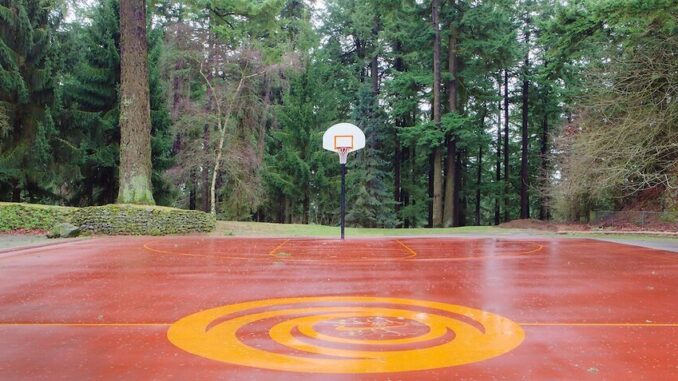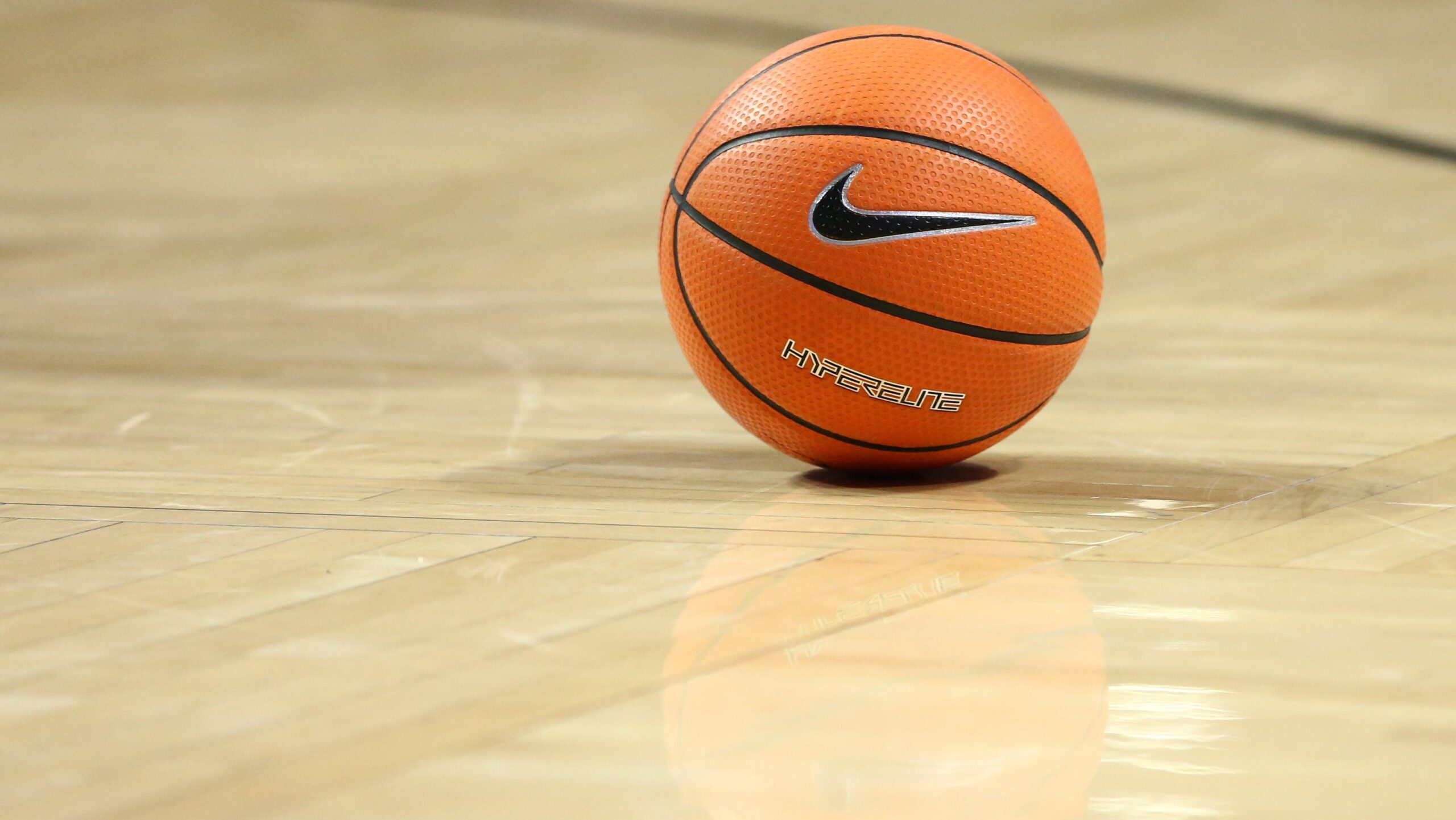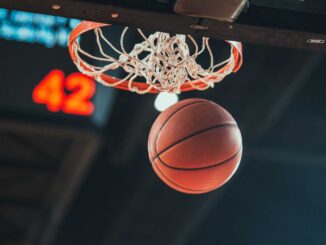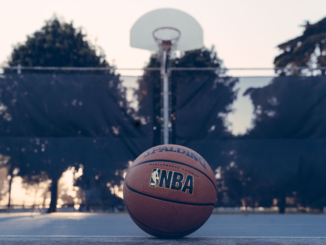
You’re probably wondering what autism and coaching basketball have in common. And now you’re probably thinking is this guy going to drop some hippy new age booz-wa. On the contrary, it’s just a reminder of appreciating the little things in life. Here are three similarities I’ve found in my journey working with autistic kids and coaching hoops.
- Patience
For all of you parents out there, you probably figured this one out quicker than me. But patience is truly a virtue in life.
Likely one of the biggest assets I’ve gained from working with kids with autism is patience. There is a beauty to our SPED (special education) friends that they’ll do exactly what they want with no regard for societal norms. For example, if one student is asked to do a multiplication problem that is hard for them to complete, they may just take off running down the hall and pull the fire alarm.
Behaviors like this probably make it a bit easier to deal with the star point guard complaints; I mean, what are a couple of clunky jumpers compared to a furious fire marshal.
Last year on the court, our team had a star player who had an attitude that probably wasn’t conducive to winning in life or basketball. Our Head Coach Kurt chatted with him. He threw some blue powdery fairy dust at him, and he developed into a true leader in all facets of life by the end of the season.
These are just simple commonalities that cross over between life, autism, and basketball.
Whether it’s waiting on a 7th-grade baller to develop a new attitude or a 21-year-old autistic kid to finish reading, it’s all the same patience.
But one thing’s for sure; I am 100 percent a better basketball coach because of my experience working in the special education department. I usually like to say probably, but that’s just facts.
- Discipline
Discipline in this regard means following through on your word.
When coaching basketball, one component I consider critical is good shot selection. Sometimes you really are wide open for a reason.
Before even implementing an offensive scheme, I told our players which looks to take and which to avoid.
If a player takes a questionable shot during live scrimmages, play is stopped, and the whole team immediately runs a suicide. This practice establishes a culture of team basketball and accountability.
However, you must follow through on your word and give the players something they can earn. For example, scrimmage without Coach Nick chirping about which jimmies to take.
This incentive methodology carries over to the autism field as well. Actually, the incentive strategy I learned in the SPED realm and carried over to the sand brown hardwood.
When working with autistic youth, an example of this technique would be a student can earn five minutes of iPad time if they complete three science questions. Or earning reading time by participating in the morning activities.
We really all are the same, we’ll work for a reward.
I mean, c’mon, would you really go to your job if they weren’t paying you? Your co-worker Fred’s weekend stories can’t be that captivating.
Circling back, following through on your word is another pivotal strategy I learned from working in the SPED field.
If you’re not disciplined in this area you’ll likely lose credibility with your student or athlete.
- Love
Ok, c’mon, you knew it was coming. Here’s a little hippy dippy stuff but it really is all about love.
You may not prefer every behavior an autistic kid displays, but you can still love them for the person they are. Because underneath these behaviors, they’re just human beings like you or me.
At the end of the day, most of us like food, water, preferably basketball, and a cold Yukon Jericho Lager from time to time.
Whoever created you, created them, and sometimes it may be easy to forget that.
As long as you treat kids in the SPED realm from a standpoint of love they’ll likely love you back.
At least this is what I figured out in my two years on the job.
But what is love on the basketball court?
This question may prove trickier to answer. It’s something that I don’t know if I can necessarily put my finger on.
I think it’s loving every player with everything you have while simultaneously understanding you’re probably not going to like them all the same. However, the coach’s responsibility is to put the team first while simultaneously being a mentor to the student-athletes.
Just like our friends in the SPED department, we don’t know what’s necessarily going on in these young hoopers’ lives. Sometimes just providing an ear to listen can change a player’s life forever.
Bottom line, Love is love.
And whether it’s hoops or autism as Bill Walton would say, “It all rolls into one.”




